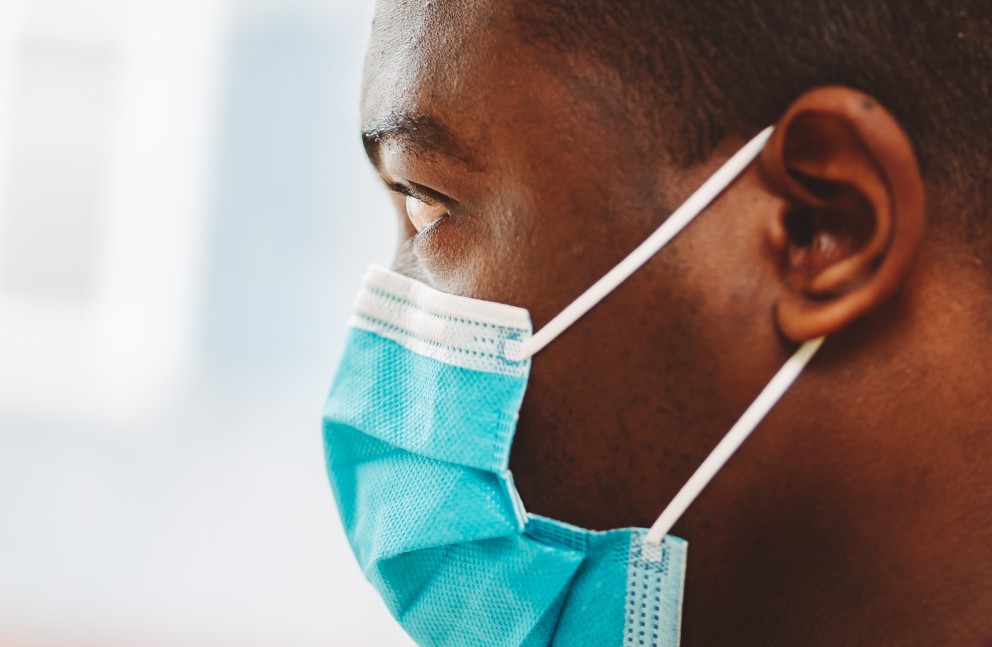Could the answer be their economic circumstances?
It’s becoming increasingly clear that in Britain, BAME (Black, Asian and Minority Ethnic) people are more at risk from coronavirus than the white population. BAME people make up about 15 percent of the UK population, but 36 percent of the Covid-19 patients who end up in critical care. The ONS (Office for National Statistics) reckons that if you’re black, you’re twice as likely to die from coronavirus than your white friends. In particular, BAME groups are seeing more deaths in younger people, which is unusual for a disease whose death rate is generally pretty closely correlated with age.
The problem is that nobody knows exactly why this disparity is happening, which makes it hard to stop. So the UK government is offering millions of pounds of funding for research into the causes of BAME deaths from Covid-19. While it’s possible that genetics have something to do with it (our ethnicity can make us more or less predisposed to some types of illness), many scientists think economic and social factors may be more to blame.
One thing we already know is that there have been more Covid-19 deaths in poorer parts of England than richer parts. We also know that BAME groups - and particularly black people - are on average far less wealthy than their white counterparts. And there’s all sorts of ways that poverty could make us more vulnerable to a virus like Covid-19.
Poorer people tend to live in more crowded accommodation. They’re less likely to have the money or emotional bandwidth to eat healthily and exercise regularly. They’re more likely to have jobs that can’t be done at home and bring them into contact with lots of other people, and they’re more likely to rely on public transport to get to those jobs. They’re also more likely to already have various health conditions which make them more vulnerable to the virus.
Read our explainer on: how our identity affects our economic chances.

